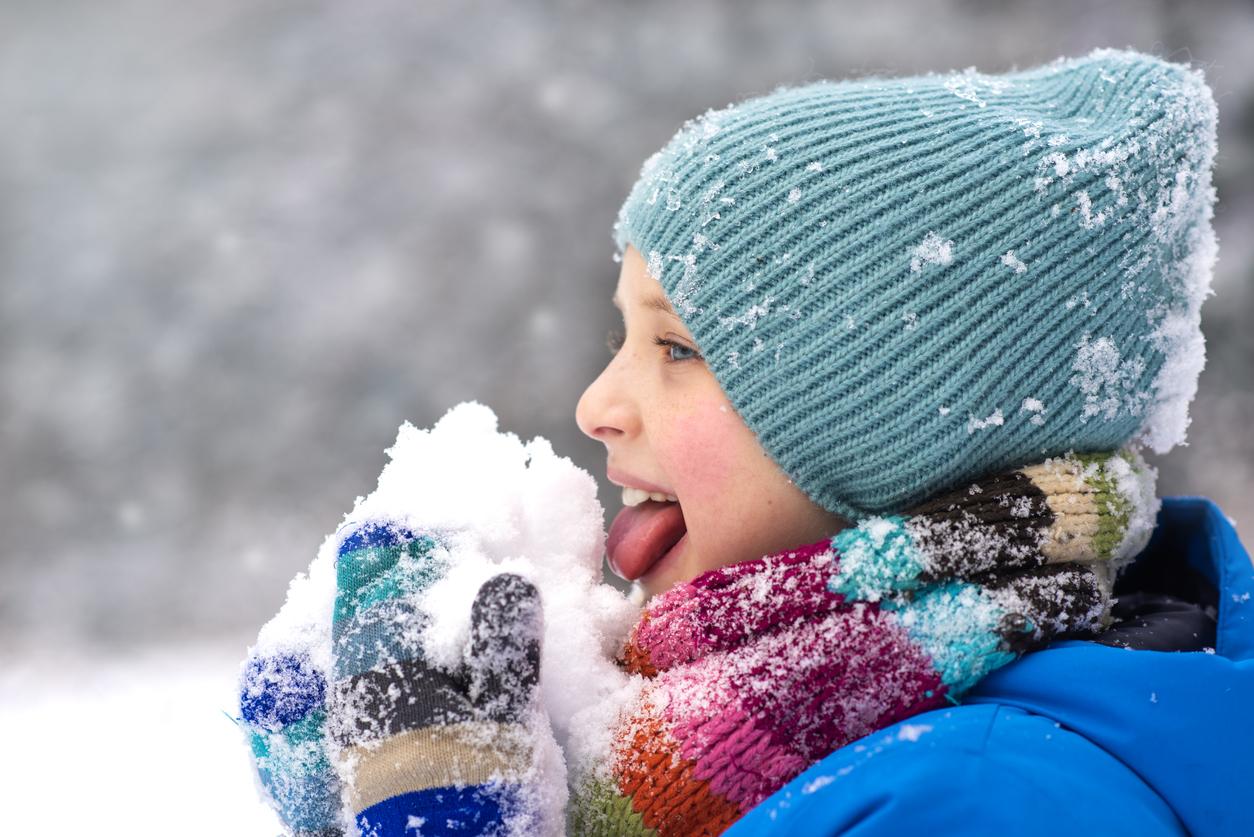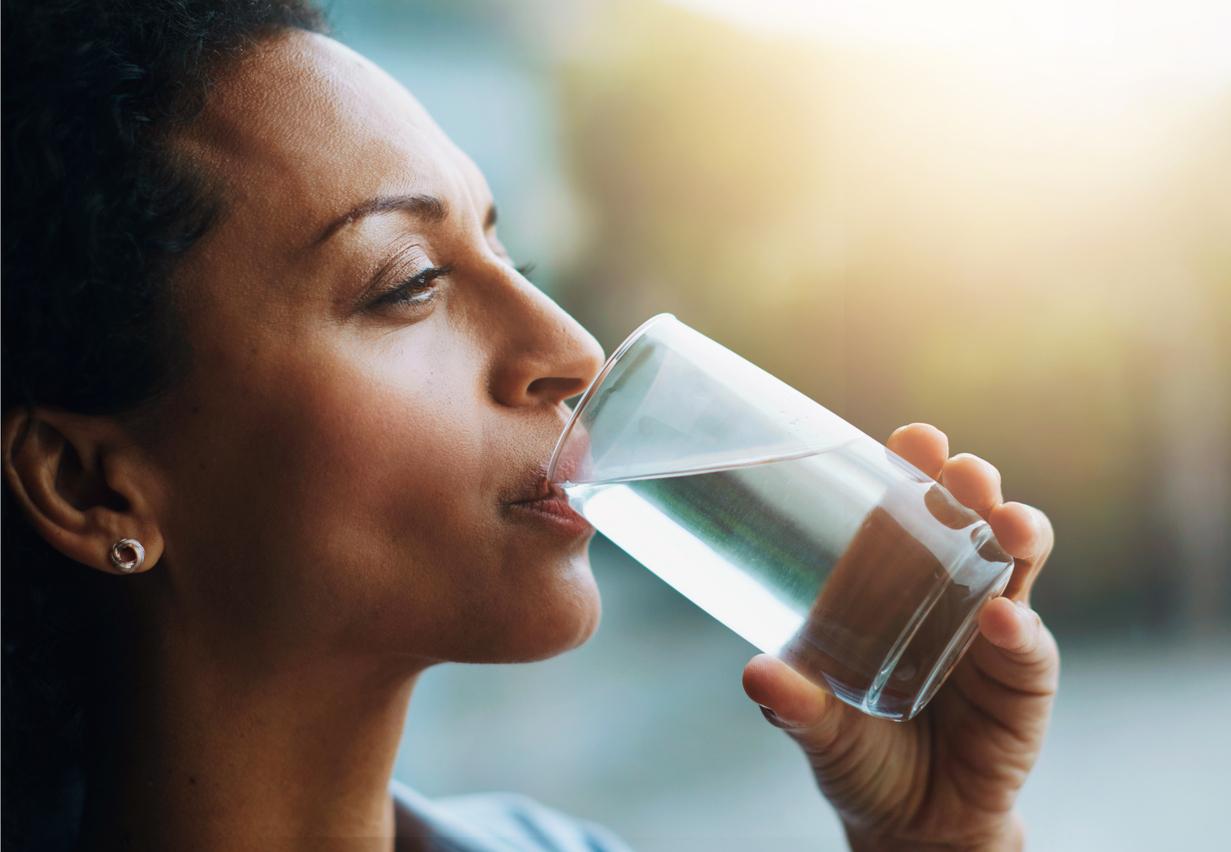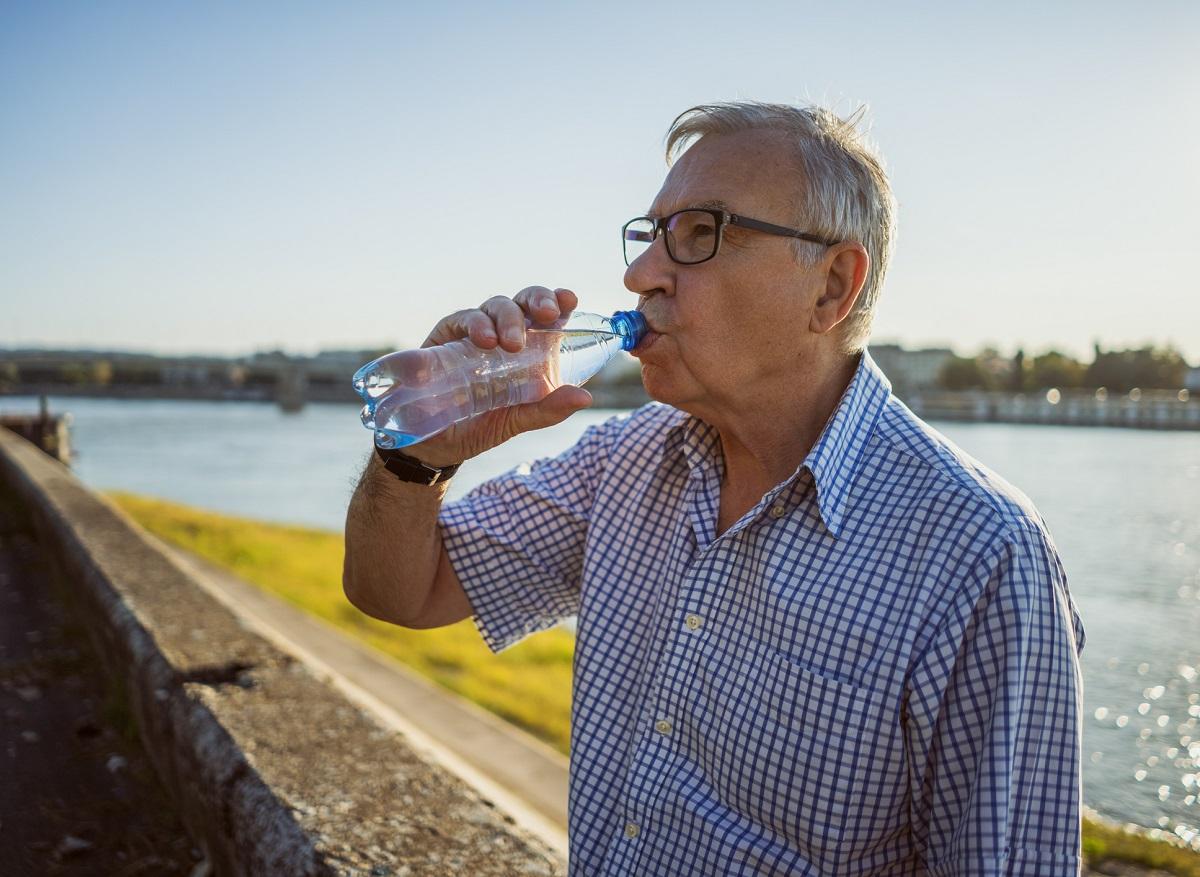Ankles that swell, especially at the end of the day, tingling, feeling of heavy legs… Nearly one in two women is prone to water retention. “It is an accumulation of water, especially in the lower body, due to gravity. The veins struggle to bring the blood up to the heart”, explains Marie-Laure André, dietician.
The reasons are multiple and mainly genetic (with fragility in the veins) and hormonal (the arrival of menstruation and pregnancy aggravate the problem). But there are also causes on which we can act. The heat that dilates the veins promotes water retention: beware of the sauna, hammam, underfloor heating, waxing… The static position, standing or sitting, is also harmful. Walking is indeed essential for good venous return: by compressing the veins of the foot, it helps the blood to rise. The sport is also excellent since well-muscled calves form a natural restraint.
Finally, what you put on your plate is decisive : Some foods retain water, while others help eliminate it.
Water retention: foods to avoid absolutely
- Salt. “Sodium retains water out of cells and promotes water retention, care must be taken not to consume too much. The World Health Organization (WHO) recommends not to exceed 5 g of salt per day, but on average we swallow twice as much”, observes Marie-Laure André. First good reflex to take: do not systematically salt your plate and try alternatives to salt.
- Salty foods. Deli meats, cheeses, bread, rusks, smoked fish, preserves, olives, mustard… many of our daily foods are already very (too) salty. You have to be careful when you eat them not to combine them: the ham and cheese sandwich, for example, is not a good idea. You must also be careful not to re-salt the dishes in which you incorporate them: no need for salt in a mustard vinaigrette sauce or a raw ham cake.
- Prepared meals. They have two big drawbacks: ultra-processed foods are often very salty (because salt is a preservative and a flavor enhancer) and they contain additives, some of which contain sodium, such as the preservative E211 present in sauces and flavored drinks , the thickener E401 found in ice creams and cakes, or the flavor enhancer E621 nestled in soups and prepared dishes.
- The alcohol. It has a vasodilator effect, it dilates the veins which thus have more difficulty in bringing the blood back up. It also has a diuretic action (by inhibiting vasopressin, the antidiuretic hormone), which promotes dehydration, which contributes to water retention.
Our expert: Marie-Laure André, dietician-nutritionist
–
–
–






















